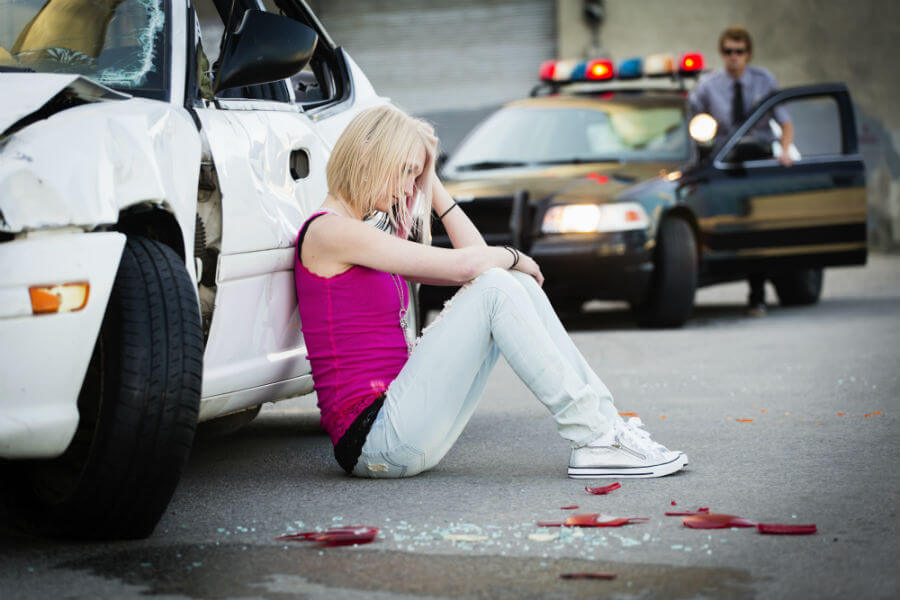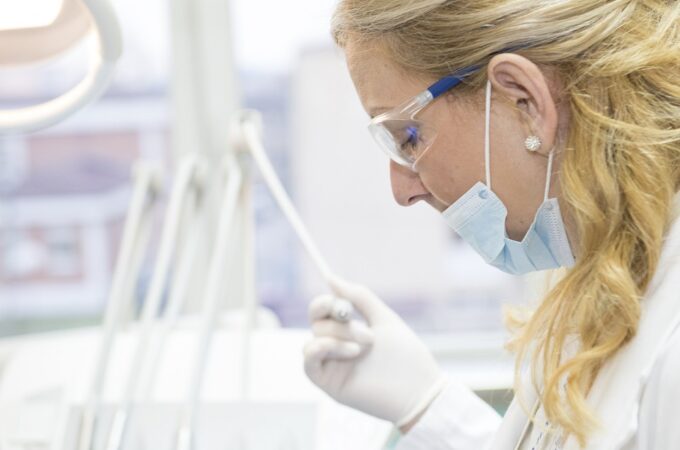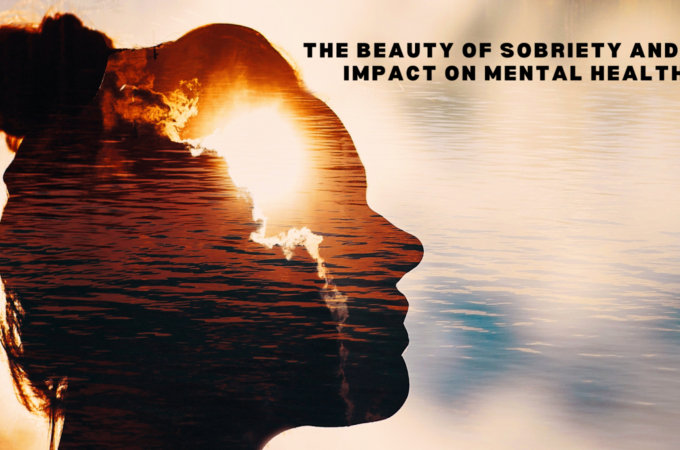
5 Common Symptoms of PTSD After a Car Accident
Post-traumatic stress disorder (PTSD) is a mental condition that comes from experiencing a highly-traumatic life event, in this case, a car accident. It can affect anyone that was at the scene of the accident including witnesses, first responders, etc. A Kentucky car accident lawyer names PTSD as one of the most common types of injuries after a car accident.
You can’t say you are suffering from PTSD if you are unable to go about your normal duties immediately after being in a car crash. It’s expected to feel low for a few weeks because you need to settle back into your normal routine. However, if the feeling lingers on together with the signs listed below, then it might be time to see a doctor. Let’s look at common symptoms people with PTSD often suffer from.
What Are the Signs to Look For if You Have PTSD?
Nightmares
Some people experience intensely vivid nightmares of the events that occurred following a severe car crash. The nightmares could happen every night and become more vivid if you don’t seek professional help immediately. Some people wake up sweating profusely, shaking, and in some cases, screaming.
It’s not uncommon for victims to remember the gruesome details of their dreams, but they definitely suffer from sleep deprivation. Some people go to the extent of avoiding sleep altogether so that they don’t have to relive the accident in their dreams.
Flashbacks
Unlike those that have vivid dreams of the accident while they sleep, people have flashbacks of the accident while they are awake. This means that anything that triggers that memory, takes them back to that day mentally. These triggers include getting into a vehicle, driving by the accident scene, dings on the car from the accident, clothes you were wearing, loud sounds, and similar weather as that day.
Flashbacks can occur even without these triggers, which means you can’t control when they happen. They can distract you from what you were doing e.g., driving, which can be very dangerous. If left untreated, flashbacks can lead to more serious symptoms such as anxiety.

Changes in Mood and Behavior
It’s very common for people with PTSD to experience a change in mood after an accident, but it’s the length of these changes that should be concerning. If you have become more agitated and irritable after an accident, you tend to affect the people around you such as your spouse, children, relatives, friends, coworkers etc.
Changes in behavior include lack of tolerance, screaming at people over small mistakes, anxiety over things that you weren’t anxious about before, withdrawing from people etc. These changes can make you unbearable and they might not want to be around you as they did before. You might want to seek help before you alienate your whole support system.
Depression
Depression is a more serious form of anxiety and depression that is characterized by intense feelings of worthlessness and lack of interest in the things that brought you joy before. Some victims also lose their emotional capabilities i.e., they are numb to any type of feelings, which affects their loved ones.
They consider blocking any type of emotions as a way to cope with the issue hoping that they don’t experience any more pain. If left untreated, severe depression can lead to suicide.
Guilt
The person that caused the accident may experience intense guilt especially if there were fatalities in the accident. The other person may also have misplaced guilt as to what they could have done differently to prevent the accident. There are a lot of “what ifs” in the mind of all the victims.
Because of the guilt, victims tend to start self-medicating with drugs and alcohol to push away the emotions which could lead to addiction. Addiction also leads to more guilt i.e., a vicious cycle.
Why You Need to See a Therapist Immediately After a Car Accident
You shouldn’t wait for things to spiral out of control. You should have a doctor check your mental state as soon as the accident happens to prevent these symptoms and help you cope better.




